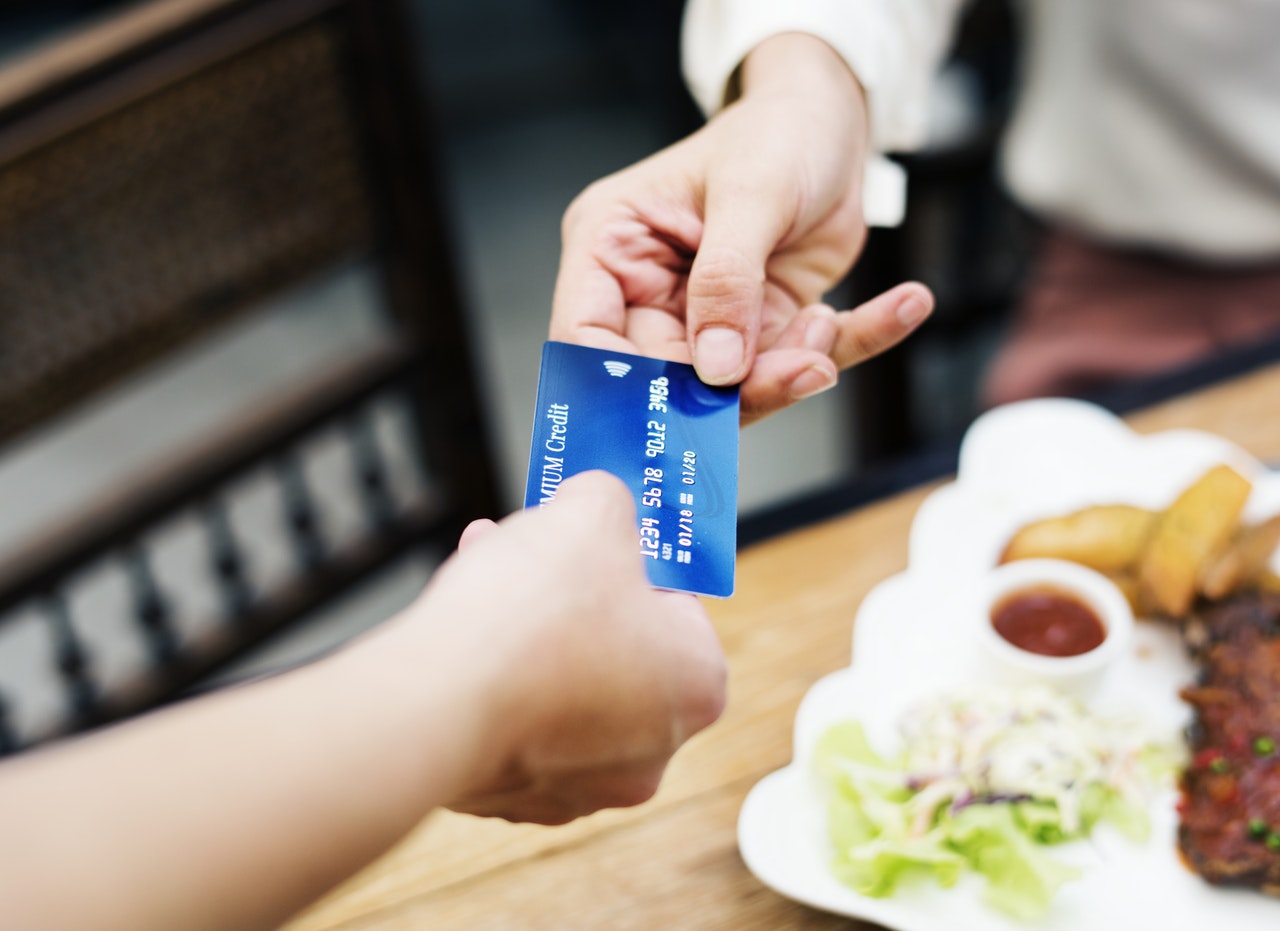Essentials of Restaurant Data Security: Safe Data Management
3 Min Read By Ben Hartwig
Owning a restaurant can be challenging juggling suppliers, staff, food, and customers. Along with all the other details of owning and running a restaurant you also have to be aware of data security and ensure that your restaurant passes muster.
If you are like most business owners that know a lot about the restaurant business you may not be tech savvy and know how to protect yourself, your business or your computers from hackers and cyber-criminals. A data security breach could affect your reputation and your viability as a trusted place to go.
What is Restaurant Data Security?
Restaurants take payments from customers via credit and debit cards all the time. They also use computers for employee data, orders, payment processing and to store customer information. Some places use POS systems and online cash registers. If any of these areas are vulnerable to hacking, a data breach could occur. If your restaurant is the cause of customer’s information being stolen or used by criminals, it could ruin you and put you out of business.
Data security for restaurants is an often-overlooked problem. The National Restaurant Association is working hard to provide standards for data management and security to keep the restaurant industry safe as a whole. Additionally, the Payment Card Industry Data Security Standard (PCI DSS) was put into place to further safeguards that businesses who accept credit cards must employ to keep customers data safe. These requirements include technical suggestions, administrative and physical card practices that should be used by anyone taking credit cards.
How to Define the Strategy for Data Security?
It is not enough to have a defense strategy for when and if you get attacked but to forge a strong offense and proactively plan by putting into place as many key cybersecurity pieces you can to protect your business and your customers.
A single data breach can cost a business owner upwards of $50,000, not to mention the government sanctions that may also be imposed for violating data management laws, fines from credit card companies and personal lawsuits from angry customers.

The National Restaurant Association (NRA) offers a comprehensive guide on how to secure your business, and they use a standard practice of five functions that are:
Identify: In this step, you identify all your vulnerabilities where a hacker or criminal might gain access to your private information. Identification refers to an inventory of your digital assets and areas where you may be at risk.
Protect: Now you have your list outlined it is time to protect all your doorways and access points with security. You might invite a cybersecurity expert to help you with this step. Some of these items could include things like firewalls, hardware or software security, employee training, a change of processes and other measures that limit your exposure.
Detect: Constant monitoring of your digital assets and systems is a must to stay on top of detecting any breaches before they become problems. Check things regularly and consider hiring an expert to monitor your systems 24/7.
Respond: This is actually pre-planning, so you have a set of actions to take if you do discover your system has been breached. The first item is to find out what was stolen and who will be affected.
Recover: Again, this a pre-planning phase where you already have a set plan in place on how to recover from the data breach. Be sure to check all the boxes of alerting the authorities, prepare for employee terminations and possibly even hire a PR firm to help restore the reputation of your business.
Restaurant Data Management for Cybersecurity
There is no one magic solution to protect your business against hackers. Cybersecurity is a constant and evolving issue that you must stay on top of, and upgrade as you go along. Credit card companies and the NRA offer guidelines and toolkits to help you devise the best system of protection for your restaurant. Your commitment to offering your patrons a great meal at a good price does not stop there. You also have the responsibility of preventing identity theft of any of your customers while they enjoy their meal.


